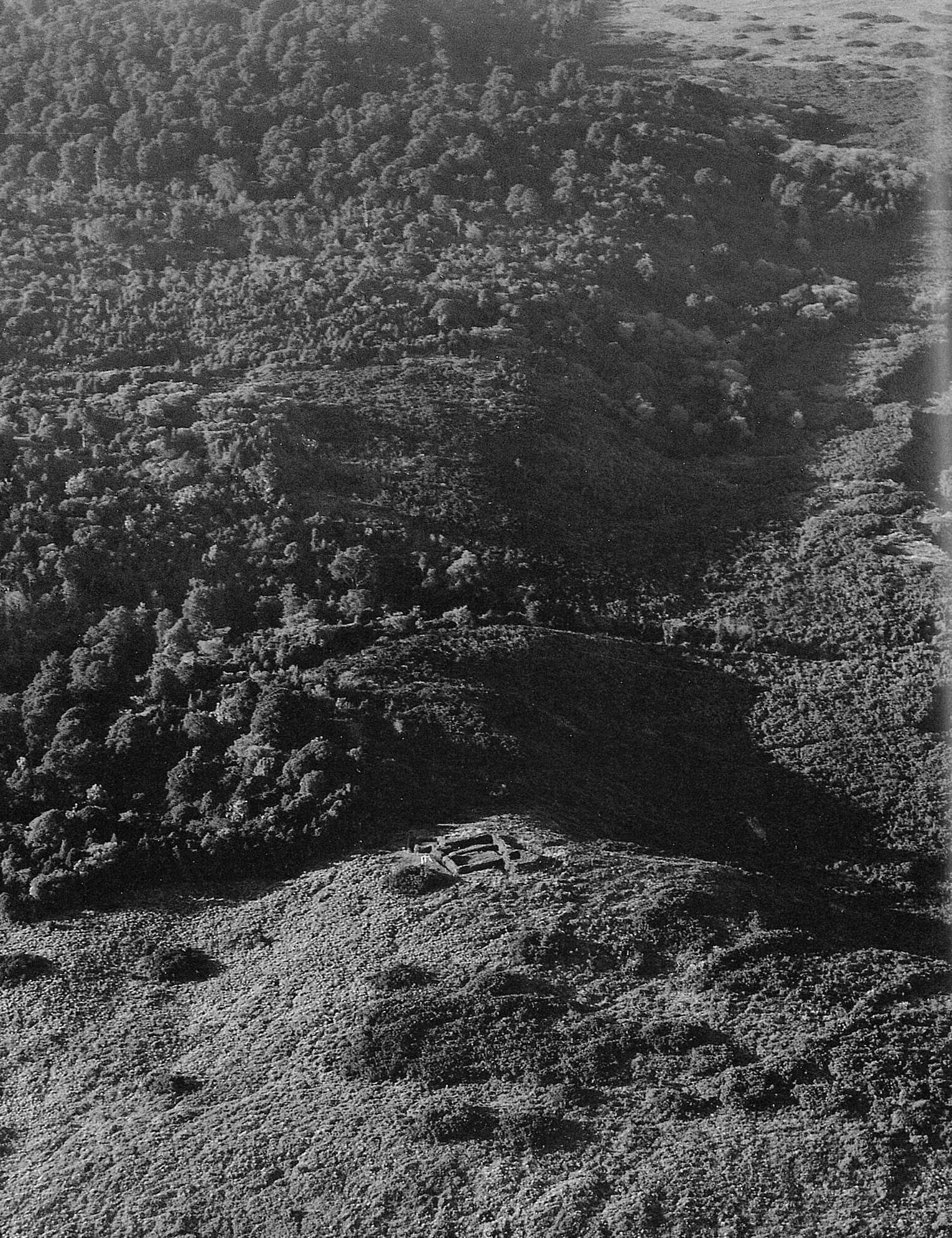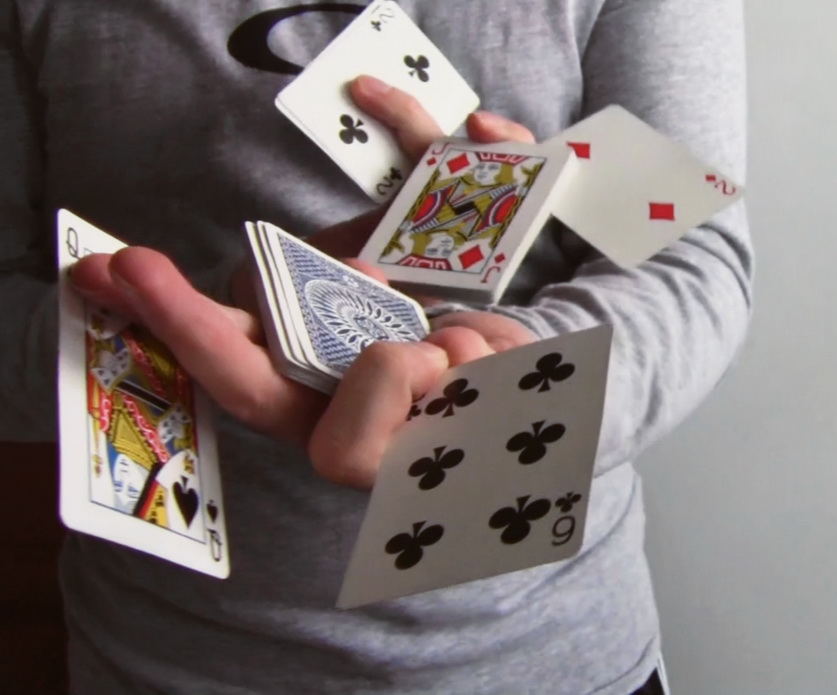|
Te Kooti
Te Kooti Arikirangi Te Turuki ( 1832–1893) was a Māori leader and guerrilla fighter who was the founder of the Ringatū religion. While fighting alongside government forces against the Hauhau in 1865, he was accused of spying. Exiled to the Chatham Islands without trial along with captured Hauhau, he experienced visions and became a religious leader. In 1868 he led the escape of 168 prisoners, seizing the schooner ''Rifleman'' and sailing back to the North Island where he began a series of raids. A resultant military reprisal campaign became known as Te Kooti's War. He was pardoned in 1883 but continued to be active in spreading the Ringatū message of peace and reclaiming land from European settlers. Early life Te Kooti's early years are obscure. He was born at Te Pā-o-Kahu in the Gisborne region as a son of Hōne Rangipātahi (father) and Hine Turākau (mother), of the Rongowhakaata tribe ( iwi). Their sub-tribe ( hapū) was Ngāti Maru, whose villages were situa ... [...More Info...] [...Related Items...] OR: [Wikipedia] [Google] [Baidu] |
William Williams (bishop)
:''To be distinguished from William Williams (missionary) (1859–1892) in Khasi Hills India'' William Williams (18 July 1800 – 9 February 1878) was consecrated as the first Anglican Bishop of Waiapu, New Zealand, on 3 April 1859 by the General Synod at Wellington. His son, Leonard Williams became the third Bishop of Waiapu and his grandson, Herbert Williams, the sixth. His brother, the Rev. Henry Williams, led the Church Missionary Society (CMS) mission in New Zealand. William Williams led the CMS missionaries in translating the Bible into Māori and published an early dictionary and grammar of the Māori language. Early life Williams was born in Nottingham to Thomas and Mary Williams on 18 July 1800. His paternal grandfather was the Reverend Thomas Williams (1725–1770), a Congregational minister at the Independent Chapel of Gosport. After the death of William's father in 1804, his mother moved with her younger children to Southwell, Nottinghamshire, where she opened ... [...More Info...] [...Related Items...] OR: [Wikipedia] [Google] [Baidu] |
Battle Of Te Pōrere
The Battle of Te Pōrere was an Engagement (military), engagement that took place at Te Pōrere Redoubts, Te Pōrere on 4 October 1869 in the North Island Volcanic Plateau, Central Plateau region of New Zealand's North Island during Te Kooti's War. It was the last major engagement of the New Zealand Wars, a series of conflicts between the British, the local authorities and their Māori people, Māori allies on one side, and several Māori ''iwi'' (tribes) on the other, that took place from 1843 to 1872. Te Kooti, the founder of the Ringatū religion, gathered a following of disenfranchised Māori who like himself had been exiled in 1866 to the Chatham Islands by the government. In July 1868, he and his followers escaped to the mainland, landing on the Gisborne District, East Coast. Over the next several months, Te Kooti and his adherents skirmished with the local militia, the New Zealand Defence Force, Armed Constabulary and Māori aligned with the government—known as ''kūpa ... [...More Info...] [...Related Items...] OR: [Wikipedia] [Google] [Baidu] |
Te Pōrere Redoubts
The Te Pōrere Redoubts are historic fortifications of the New Zealand Wars, located at Te Pōrere, to the southwest of the current site of Tūrangi, in New Zealand. Built by the Māori people, Māori warrior Te Kooti and his Ringatū followers in September 1869, the following month they were the site of the Battle of Te Pōrere, between Te Kooti's forces and those of the New Zealand colonial government's New Zealand Defence Force, Armed Constabulary and Māori aligned with the government—known as ''kūpapa''. It was abandoned after the battle. The site of the redoubts, which were restored after it was designated as a National Historic Place in February 1961, is administered by Heritage New Zealand. History Te Kooti's War, one of the conflicts of the New Zealand Wars, spanned the period from July 1868 to May 1872. It involved Te Kooti, the Māori leader of a religion called Ringatū, and several of his followers who had escaped to mainland New Zealand from imprisonment on the ... [...More Info...] [...Related Items...] OR: [Wikipedia] [Google] [Baidu] |
Siege Of Ngatapa
The siege of Ngatapa was an engagement that took place from 31 December 1868 to 5 January 1869 during Te Kooti's War in the East Coast region of New Zealand. Te Kooti's War was part of the New Zealand Wars, a series of conflicts between the British, the local authorities and their Māori allies on one side, and several Māori ''iwi'' (tribes) on the other, that took place from 1843 to 1872. Like some of the later clashes in this period, Te Kooti's War had a religious basis. Te Kooti was the leader of the Ringatū religion and gathered a following of disenfranchised Māori who like himself had been exiled to the Chatham Islands in 1866 by the government. After two years of captivity, they escaped to the mainland, landing on the East Coast in July 1868. Pursued by the local militia, Te Kooti and his followers moved inland. He mounted a raid in November in Poverty Bay which resulted in the murders of several local settlers and a series of skirmishes with Māori aligned with the g ... [...More Info...] [...Related Items...] OR: [Wikipedia] [Google] [Baidu] |
Māori King Movement
Māori or Maori can refer to: Relating to the Māori people * Māori people of New Zealand, or members of that group * Māori language, the language of the Māori people of New Zealand * Māori culture * Cook Islanders, the Māori people of the Cook Islands * Cook Islands Māori, the language of the Cook Islanders Ships * SS Maori (1893), SS ''Maori'' (1893), a steamship of the Shaw Savill Line, shipwrecked 1909 * , a Royal Navy Tribal-class destroyer, sunk in 1915 * , a Royal Navy Tribal-class destroyer, launched 1936 and sunk 1942 * TEV ''Maori III'', a Union Company, Union Steam Ship Company inter-island ferry, 1952–74 Sports teams * New Zealand Māori cricket team * New Zealand Māori rugby league team * New Zealand Māori rugby union team Other * ''Maori'', a 1988 novel by Alan Dean Foster * Mayotte, ''Maori'' in the Bushi language * Mount Maori, a mountain in New Zealand {{DEFAULTSORT:Maori Language and nationality disambiguation pages ... [...More Info...] [...Related Items...] OR: [Wikipedia] [Google] [Baidu] |
Poverty Bay
Poverty Bay (Māori language, Māori: ''Tūranganui-a-Kiwa''), officially named Tūranganui-a-Kiwa / Poverty Bay, is the largest of several small bays on the east coast of New Zealand's North Island to the north of Hawke Bay. It stretches for from Young Nick's Head in the southwest to Tuaheni Point in the northeast. The city of Gisborne, New Zealand, Gisborne is located on the northern shore of the bay and the small settlement of Muriwai, Gisborne, Muriwai is located at the bay's southern end. The name is often used by extension to refer to the entire area surrounding the city of Gisborne. Poverty Bay is the home of the Māori people, Māori iwi (tribes) Te Aitanga-a-Māhaki, Rongowhakaata and Ngai Tamanuhiri, Ngāi Tāmanuhiri. History The first European known to have set foot in New Zealand, Captain James Cook of , did so here on 7 October 1769, at which time the bay was known as Teoneroa ("the long beach"). This first landing led to the death of local Māori man Te Maro dur ... [...More Info...] [...Related Items...] OR: [Wikipedia] [Google] [Baidu] |
Wellington
Wellington is the capital city of New Zealand. It is located at the south-western tip of the North Island, between Cook Strait and the Remutaka Range. Wellington is the third-largest city in New Zealand (second largest in the North Island), and is the administrative centre of the Wellington Region. It is the world's southernmost capital of a sovereign state. Wellington features a temperate maritime climate, and is the world's windiest city by average wind speed. Māori oral tradition tells that Kupe discovered and explored the region in about the 10th century. The area was initially settled by Māori iwi such as Rangitāne and Muaūpoko. The disruptions of the Musket Wars led to them being overwhelmed by northern iwi such as Te Āti Awa by the early 19th century. Wellington's current form was originally designed by Captain William Mein Smith, the first Surveyor General for Edward Wakefield's New Zealand Company, in 1840. Smith's plan included a series of inter ... [...More Info...] [...Related Items...] OR: [Wikipedia] [Google] [Baidu] |
Sleight Of Hand
Sleight of hand (also known as prestidigitation or ''legerdemain'' () comprises fine motor skills used by performing artists in different art forms to entertain or manipulate. It is closely associated with close-up magic, card magic, card flourishing and stealing. Because of its heavy use and practice by magicians, sleight of hand is often confused as a branch of magic; however, it is a separate genre of entertainment and many artists practice sleight of hand as an independent skill. Sleight of hand pioneers with worldwide acclaim include Dan and Dave, Ricky Jay, Derek DelGaudio, David Copperfield, Yann Frisch, Norbert Ferré, Dai Vernon, Jerry Sadowitz, Cardini, Tony Slydini, Helder Guimarães and Tom Mullica. Etymology and history The word ''sleight'', meaning "the use of dexterity or cunning, especially so as to deceive", comes from the Old Norse. The phrase ''sleight of hand'' means "quick fingers" or " trickster fingers". Common synonyms of Latin and Frenc ... [...More Info...] [...Related Items...] OR: [Wikipedia] [Google] [Baidu] |
Pai Marire
Pai or PAI may refer to: People * Pai (surname), Indian surname from coastal Karnataka and Goa plus people with the name * Pai (Chinese surname), includes Chinese name origin, plus people with the name Fictional characters * Pai (Manga character), a character from "3x3 Eyes" * Pie (Tokyo Mew Mew), a villain from the manga and anime series ''Tokyo Mew Mew'' Places * Pai, Iran, a village in Isfahan Province * Pai, Thailand, a small town in Mae Hong Son Province ** Pai District, the district around the town ** Pai River ** Pai Airport * Pai, Tank, a union council in Pakistan * Pai Northern Thai Kitchen, a restaurant chain in Toronto, Canada Games * Gwat Pai, Chinese dominoes set * Pai Gow, Chinese gambling game ** Pai gow poker, Americanized version Other uses * Pai languages (Paipai, Walapai, Havasupai) * Pai dialect of the Northern Sotho language * Pai (fish trap) * "Pai", a 2016 song by Bad Gyal Acronyms * PAI Partners, a French private equity firm * PAI (Perso ... [...More Info...] [...Related Items...] OR: [Wikipedia] [Google] [Baidu] |





